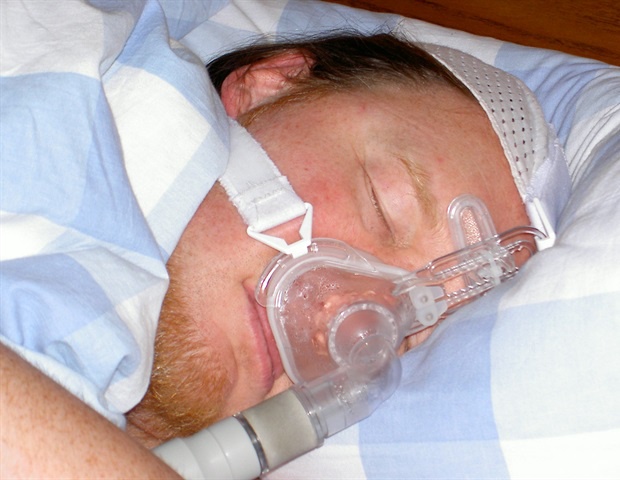Overview
- A study published in Neurology reveals that obstructive sleep apnea during REM sleep is strongly associated with microvascular brain damage and degeneration in memory-critical regions like the hippocampus and entorhinal cortex.
- Lower oxygen levels during REM sleep correlate with increased white matter hyperintensities, which are markers of small vessel disease linked to cognitive decline.
- Participants with more white matter hyperintensities showed reduced hippocampal volume and thinner entorhinal cortices, structural changes tied to memory impairment.
- Sleep-dependent memory deficits were specifically linked to the thinning of the entorhinal cortex, emphasizing the role of oxygen deprivation in disrupting memory consolidation.
- Researchers caution that the findings demonstrate association, not causation, and note that the study's primarily white and Asian participant pool limits generalizability.

